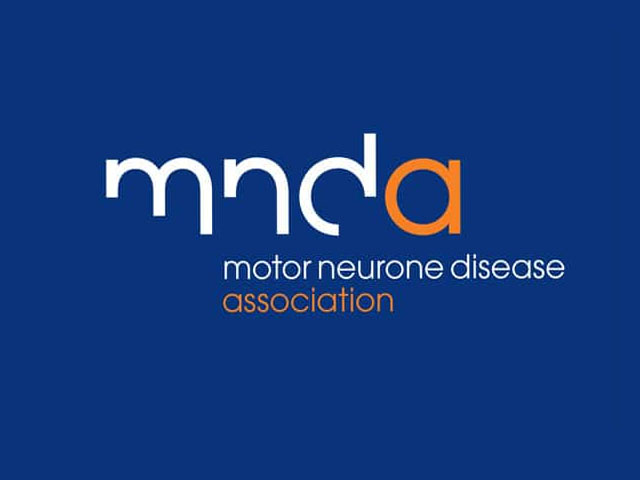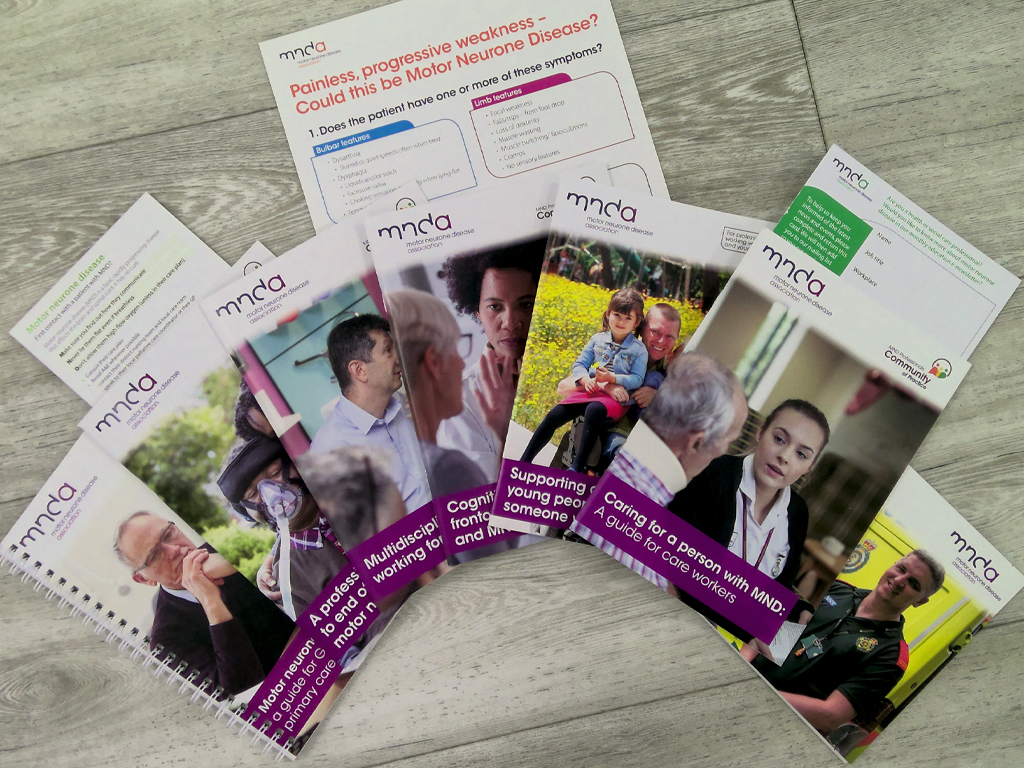
MND is a progressive and ultimately fatal disease that results in degeneration of the motor neurones, or nerves, in the brain and spinal cord.
GPs and others in the primary care team can make a great difference to the quality of life of people with MND, with timely care, support and symptom management.
The importance of timely diagnosis
Rapid and accurate diagnosis, performed by a medical doctor experienced in MND care, usually a neurologist, is crucial in ensuring the needs of people living with MND are met from the earliest possible stage.
Quality of life for people with MND may be improved by:
- accurate recognition of the condition
- explanation of the likely progression of symptoms within a supportive therapy team
- prompt introduction of appropriate treatments and interventions.
How MND is diagnosed
There is no single diagnostic test for MND. Diagnosis is based on features in the clinical history and examination, usually accompanied by electrophysiological tests, which will include EMG and nerve conduction studies.
Other tests may include:
- MRI scanning of the brain and spinal cord
- various blood tests
- lumbar puncture
- muscle biopsy.
The purpose of these tests is to exclude the presence of other neurological conditions, with particular focus on those with treatments likely to be effective if administered early. In the early stages of MND, symptoms can be similar to those seen in other conditions, so people may spend months seeing various specialists and undergoing unsuccessful treatments until MND is suspected.
Red Flag tool for diagnosis
The MND Association's Red Flag tool for GPs, produced in partnership with the Royal College of General Practitioners, is designed to improve timely referrals to neurology and therefore speed up the time to accurate diagnosis.
Support after diagnosis
When someone is diagnosed with MND they may take time to adjust and come back with questions some time after. It is important they have suitable support at this stage, including a point of contact to return to with questions and access to appropriate information.
Looking for all our resources for a specific profession or topic, for you and the people you support?
Use our Professional Information Finder
Page last updated: July 2023
Next review: July 2025


